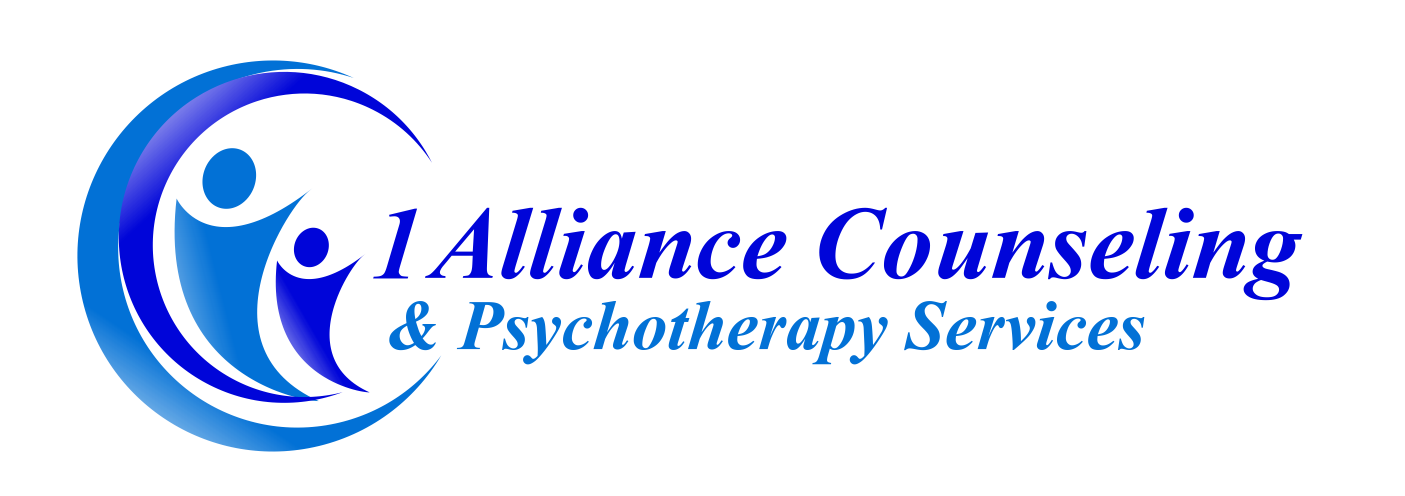If you or someone you know is in an emergency, call The National Suicide Prevention Lifeline at 800-273-TALK (8255) or call 911 immediately.
The National Alliance on Mental Illness (NAMI) strongly advises of the severity of suicide on the general population, as it can affect anyone “regardless of age, gender or background.” Suicidal thoughts can be common, but should never be taken lightly or for granted, and are likely due to a mental health condition. During this month, the goal is to promote awareness, reduce stigma and shame over this significant topic. According to NAMI, “Research has found that 46% of people who die by suicide had a known mental health condition. Suicide is the 2nd leading cause of death for people ages 10-34. 90% of people who die by suicide have experienced symptoms of a mental health condition.”
Having the resources to address this epidemic is crucial in the time of crisis. Some common warning signs (highlighted by NAMI) are: “Increased alcohol and drug use; Aggressive behavior, Withdrawal from friends, family and community; Dramatic mood swings; Impulsive or reckless behavior”. The level of needed treatment is emergent when someone begins to demonstrate suicidal behaviors such as gaining means (e.g. pills, weapons, etc.), giving away possessions, “tying up loose ends,” and saying good-bye for example.
The National Suicide Prevention Lifeline encourages people to use the hashtag #BeThe1To in efforts to promote community involvement when others recognize a person in crisis. According to www.bethe1to.com, some tips are for helping someone in crisis are as follows:
• Ask—Contrary to what most may think, acknowledging and talking about suicidal thoughts may reduce rather than increase the thoughts.
• Be There—This is about increasing the person’s sense of connectedness and limiting social isolation.
• Keep Them Safe—Reducing access to lethal and harmful means in order to increase the time and distance between the person and their chosen method.
• Help Them Connect—Getting the person in crisis connected to Mental Health services, Crisis lines, Emergency Services, and/or 911 is appropriate at this step.
• Follow Up—Touch base with the person after the crisis has been alleviated. This helps the person to continue to feel connected, cared for and supported. Follow up from professional services has also shown to reduce numbers of deaths by suicide after discharging from acute care services.
If you or a loved one you know is experiencing suicidal thoughts, please reach out to a mental health provider or doctor as soon as possible. Do not delay in getting help or waiting to see if the thoughts will just go away. If thoughts move toward plans and behaviors, then call 911 immediately, go to your nearest Emergency Room, or call 24/7 Crisis Lines (some of which have chat, text and phone call features).
Crisis Lines available:
The National Suicide Prevention Lifeline at 800-273-TALK (8255)
Georgia Crisis & Access Line: 1-800-715-4225
Another helpful resource provided by NAMI can provide more understanding, resources and awareness for those experiencing crises along with their loved-ones. Please check out this resource at: https://www.nami.org/Support-Education/Publications-Reports/Guides/Navigating-a-Mental-Health-Crisis
Please do not call, text or email 1Alliance Staff in the middle of a crisis. If you are concerned about suicide and don’t know what to do, call the National Suicide Prevention Lifeline at 1-800-273-8255.
Resources:
https://www.georgiacollaborative.com/providers/georgia-crisis-and-access-line-gcal/
https://www.nami.org/get-involved/awareness-events/suicide-prevention-awareness-month
https://suicidepreventionlifeline.org/promote-national-suicide-prevention-month/
https://www.bethe1to.com/
